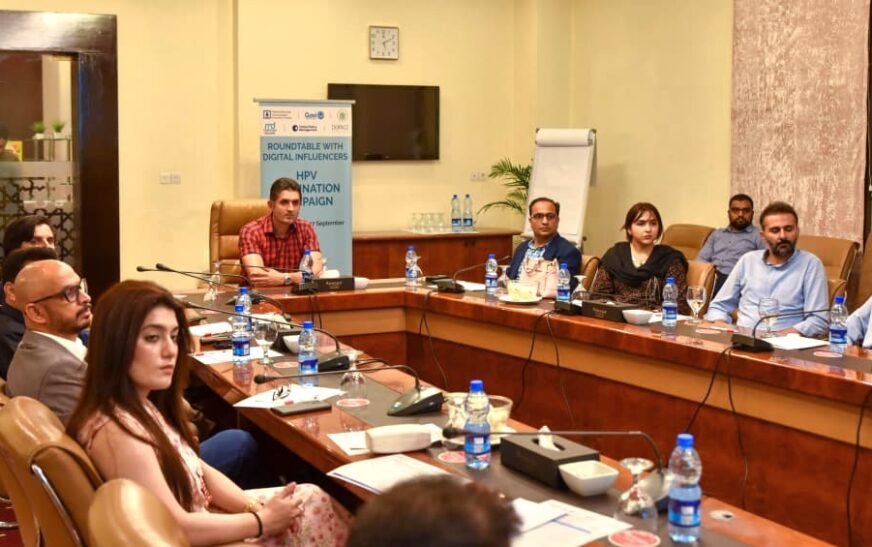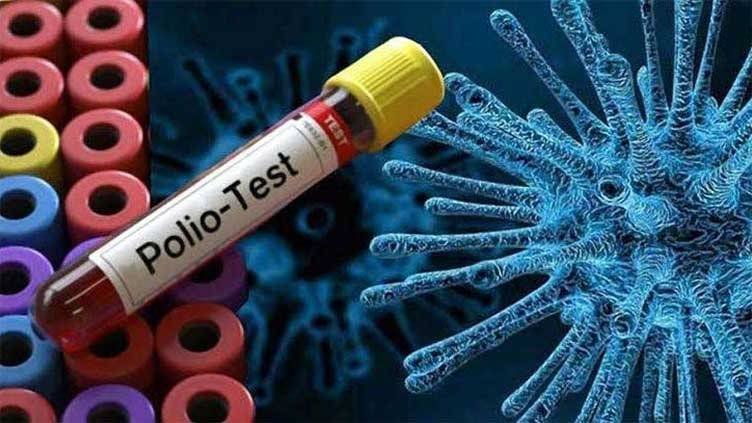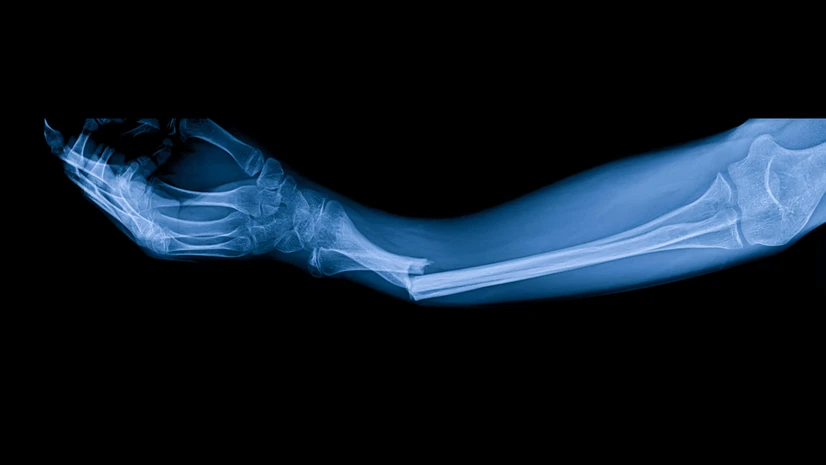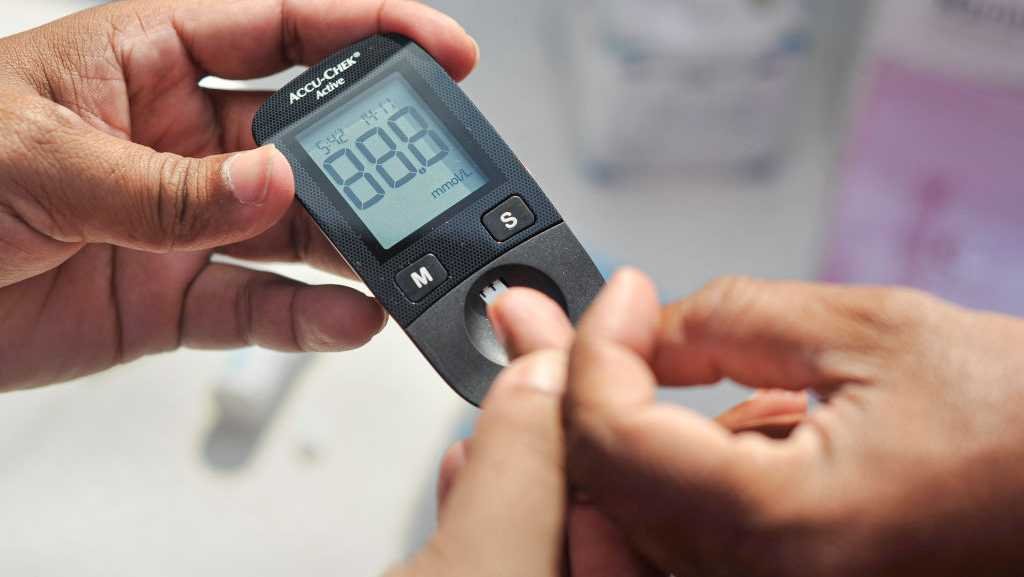By: Mehwish Qamas Khan
ISLAMABAD: Health experts have urged the society’s key players, journalists, influencers and medical experts to play their due role in creating awareness among the public about the significance of the ongoing vaccination drive, which protects the lives of young girls. The Health Ministry hosted an awareness session with influencers, journalists, and medical experts in this regard.
In a significant step towards addressing one of the most overlooked yet deadly diseases affecting women, the Ministry of Health in Islamabad has officially launched a national awareness and vaccination campaign to prevent cervical cancer. The event gathered influencers, media anchors, and journalists who were provided with a comprehensive briefing and presentation on the disease, including its causes, prevention methods, and the importance of early vaccination for girls.
During the session, health experts explained what cervical cancer is and highlighted its rapid spread in Pakistan. Participants learned that this disease has already impacted thousands of women in the country and is often referred to as a silent killer, as it frequently goes undetected until reaching more advanced stages.
Medical professionals emphasised that cervical cancer is primarily caused by the Human Papillomavirus (HPV), a virus that can be effectively prevented through vaccination. They noted that the HPV vaccine has been safely administered for many years in various Muslim countries, where young girls are routinely vaccinated to protect them before reaching adulthood. Pakistan has now joined these nations by launching its own immunisation program to reduce future cases of the disease.
Dr Rozina, a prominent public health specialist, revealed concerning statistics: “Every year, over 5,000 women in Pakistan are diagnosed with cervical cancer, and more than 3,000 lose their lives to this preventable disease.” She further stated that early vaccination and regular screening could drastically reduce these numbers.
Social activist Huma Khawar urged parents to take this initiative seriously and ensure their daughters receive the vaccine at the recommended age. “Parents must understand that this vaccine is not just a precaution — it is protection against a life-threatening disease. Early vaccination can save thousands of lives,” she stressed.
Experts at the event highlighted that if 90 per cent of young girls in Pakistan receive the vaccine, the country could see a significant decline in cervical cancer cases in the coming years. They also pointed out that raising awareness is a major challenge, as many families are either unaware of the vaccine or hold misconceptions about it.
Health Ministry officials reaffirmed their commitment to making the HPV vaccine accessible and affordable through public health facilities and schools. They also announced plans for a nationwide awareness campaign that will engage religious scholars, educators, and social media influencers to dispel myths and encourage family participation.
Read also: UNICEF, KP officials confer on post-flood health concerns
As the campaign launches, the message is clear: cervical cancer is preventable. Through timely vaccination, regular checkups, and widespread awareness, thousands of Pakistani women can be saved from a disease that has claimed too many lives for too long.
This initiative marks a major milestone in Pakistan’s journey toward women’s health empowerment, setting a precedent for proactive healthcare and community-based prevention.














